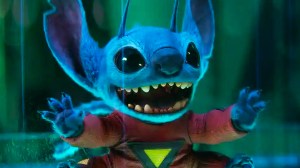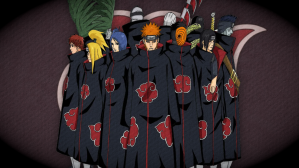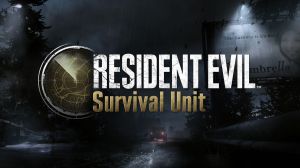Filmmaker Zack Snyder recently stirred up some controversy when he defended his aggressive version of Batman from Batman v Superman: Dawn of Justice who killed, a choice that for many comic book fans runs counter to basic tenets of the character. Now, comic book writer Grant Morrison is weighing in and they don’t agree with Snyder. According to Morrison, “if Batman killed his enemies, he’d be the Joker.”
Videos by ComicBook.com
In their newsletter Xanaduum (via ScreenRant), Morrison — whose own work has been among some of the more definitive takes on Batman — dug into not only the practical aspect of why Batman doesn’t kill (because he’d end up arrested by Commissioner Gordon, in theory) but also the psychological aspect of the character and how Batman’s “no-kill” rule is something locked into him from the time he was a small child and is a part of his mental state having never fully developed, in some respect, out of the child who saw his parents murdered in Crime Alley.
“That Batman puts himself in danger every night but steadfastly refuses to murder is an essential element of the character’s magnificent, horrendous, childlike psychosis,” Morrison wrote.
There’s also the matter of the line between what Batman does and what the villains do. Villains kill; Batman does not. It makes all the difference, at least to Bruce Wayne who, should he ever cross the line, would then become no better than those who killed his parents.
“The line Bruce Wayne draws is a clear delineation between himself and his villains, and if Batman were to ever cross it, there would be no difference between them,” they wrote.
Why Does Batman’s No-Kill Policy Matter?
What’s interesting in all of this, particularly Morrison’s comments, is the distinction between Batman “can’t” kill and Batman having a personal “no killing “code of ethics or standard for himself, if you will and that seems to be where Snyder’s interpretation of Batman misses the characterization. For Snyder, his comments are about can/can’t kill rather than a personal code as part of what he’s previously called his “deconstructivist point of view” about the superheroes.
“People are always like, ‘Batman can’t kill’. So, Batman can’t kill is canon. And I’m like, ‘Okay, well, the first thing I want to do when you say that is I want to see what happens,” Snyder said during an interview on “And they go, ‘Well, don’t put him in a situation where he has to kill someone,’ I’m like, ‘Well, that’s just like you’re protecting your God in a weird way, right? You’re making your God irrelevant.’”
But, as Morrison points out, for Batman it’s a choice not to kill, a code of honor that separates him from the worst of the villains and enemies that he takes on and what keeps him on the side of good rather than evil. It’s not a matter of rules or can or can’t; it’s choice — and Batman has been in situations where his choice has been pushed outside of his code, generally not without emotional or psychological consequence to the character, thus further reiterating the importance of his no-kill code.
Batman’s no-kill code and the occasional failure to live up to that code is a significant part of how the character is humanized in comics — and more for Bruce Wayne himself rather than for how the vigilante is presented to the reader. With so much of the Batman identity being a reaction to death and loss and, on some level, a desire to prevent such death and loss from being a part of anyone else’s story, the limited times when Batman fails serves to dedicate Bruce to being better or more effective, to push himself harder, to make Batman more innovative, more of a threat to the criminals he seeks to stop. By having it be a choice as Morrison describes it rather than a “rule” the way Snyder perceives it (and, as he perceives it, something meant to be subverted), the Batman character becomes something more interesting and gets closer to the idea of a deconstructed hero than anything that Snyder attempted.
What do you think? Let us know your thoughts about Morrison’s comments in the comment section.









